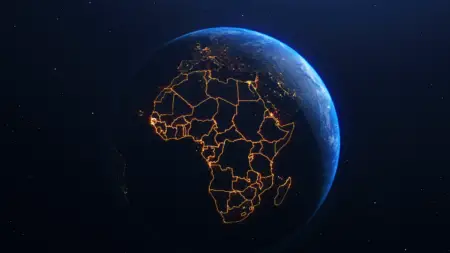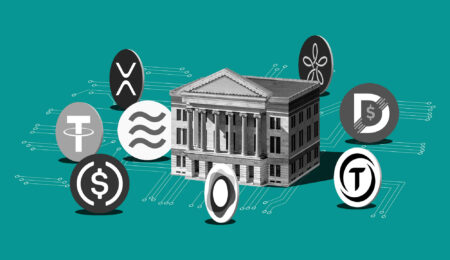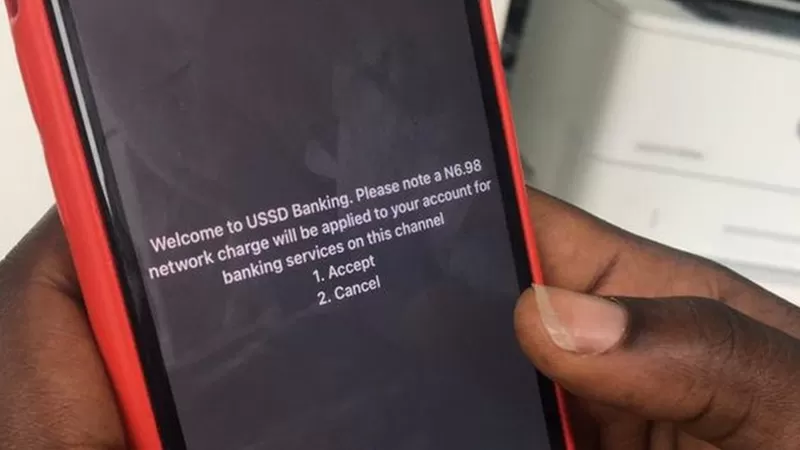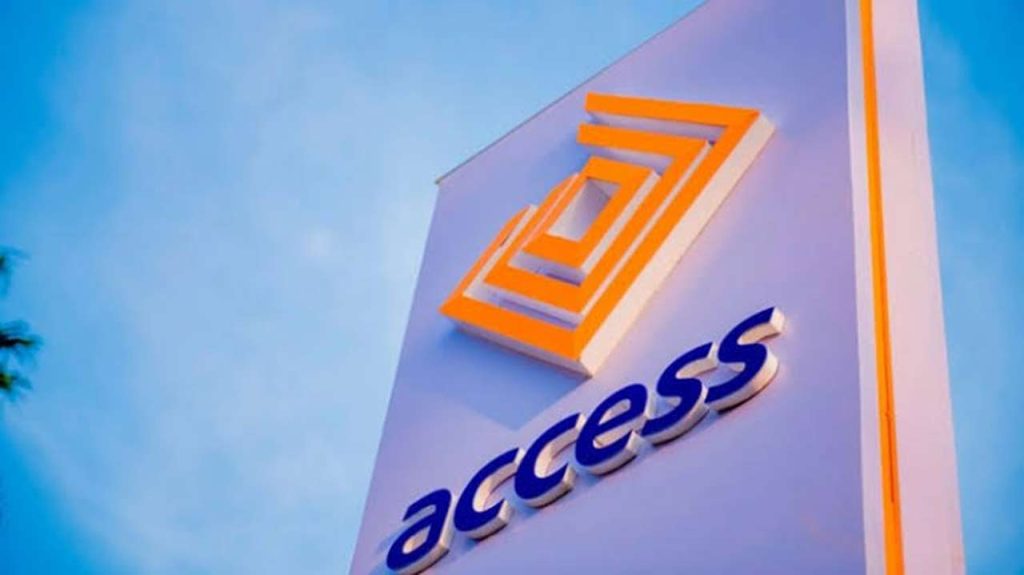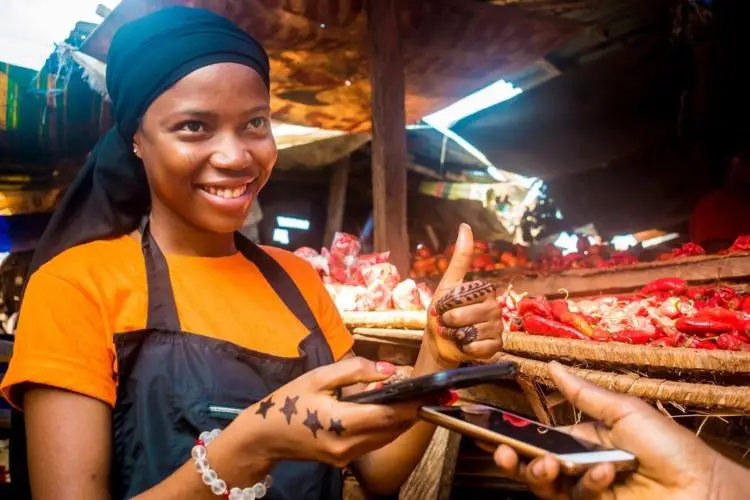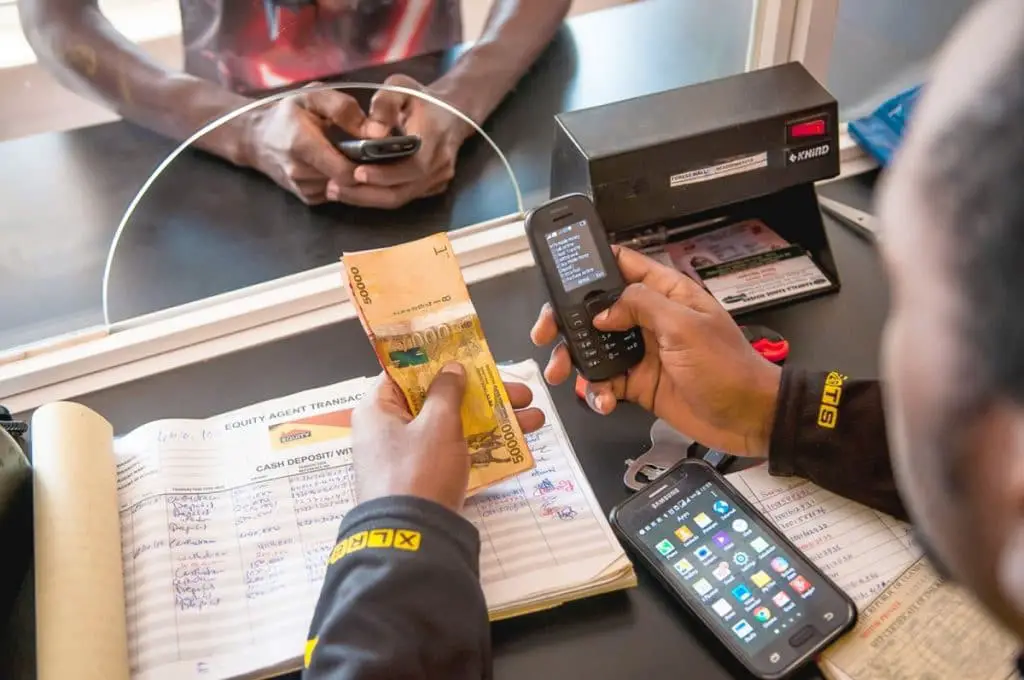- AmCham Summit kicks off, setting course for robust future of US-East Africa trade ties
- Why the UN is raising the red flag on the UK-Rwanda asylum treaty
- Portugal’s Galp Energia projects 10 billion barrels in Namibia’s new oil find
- Wärtsilä Energy offers tips on how Africa can navigate energy transition and grid reliability
- Powering Africa: Africa’s Path to Universal Electricity Access
- Global investment trends at AIM Congress 2024: a spotlight on the keynote speakers
- South Africa’s deepening investment ties in South Sudan oil industry
- Agribusiness could drive Africa’s economic prosperity
Browsing: Financial Inclusion
When CBDCs first came to the fore, many touted such a move as a game-changer in digital finance. Many had thought that the adoption of CBDCs in Africa would take the shape of the adoption of cryptocurrencies, where the region leads in many aspects. However, challenges remain. Lack of the requisite infrastructure, low levels of financial literacy, and operational and regulatory challenges have combined to contribute to low penetration and adoption rates for CBDCs.
The lack of adoption is a current failure point for many launched CBDCs. Nigeria’s eNaira had a million customers one year into its launch, a smattering of its 221 million population. The real challenge of CBDCs lies in developing a clear sense of purpose. African central banks must answer to the kind of role that CBDCs will play in the economy and financial systems.…
- Financial technology has become an important support for the development of countries around the world.
- Digital technology, data resources, and intelligent technology can promote digitalization across the globe.
- At the global meet, experts provided insights on the opportunities and challenges of digital transformation in the financial sector within the Arab world.
Investors across the world are closely monitoring digital transformation, financial inclusion and sustainable finance trends in the Arab world. These revelations emerged as a top agenda during the just concluded Annual Investment Meeting (AIM) in Abu Dhabi, UAE.
Director and Advisor at the Secretary General Office–Union of Arab Banks Rajaa Kammouny highlighted the challenges banks within the Arab world are facing while calling for readiness to tackle future challenges.
Digital transformation in the Arab World
Under the Digital Transformation of Financial Sectors in the Arab World and the Role of Financial Technology in Economic Diversification discussion forum, experts offered …
An efficient crypto mining industry can generate more job opportunities in Africa as the demand for miners, blockchain specialists, and technology specialists increases, . This encourages nations to enhance their energy and technological capacities to support crypto operations. These enhancements can considerably benefit other industries and the economy as a whole.
African nations must embrace the chance to become a crypto mining hub. This can aid in the digital economy’s growth, citizens’ financial standing, and the infrastructure for energy production. Consequently, African governments can invest in cryptocurrencies to acquire alternative funding sources for developing renewable and alternative energy sources.…
Regionalising the power balance between central and commercial banks can address the risks associated with the adoption of CBDCs in Africa. Commercial bank digital wallets can thus reduce the costs underlying the correspondent banking channels. These wallets can also promote cross-border trade in Africa by restricting the focus of central banks to the B2B and interbank payment ecosystems. Central banks have traditionally managed this well while incorporating these systems across borders. In such a scenario, each actor—public and private—does what it does best.…
As far back as June 28, 2017, This Day Live said another point to note is that USSD is very important within emerging economies, where the cost to access data services is increasing. Despite the growth of smartphone penetration and 3G/4G coverage, the data access cost is a key factor in deciding how information is consumed.
Meanwhile, the continued reliability of USSD will enable mobile service providers and financial institutions more opportunities to satisfy new market segments, add more value to the customer, and meet underserved customer needs.
In a related article by Myriad Connect published January 29, 2018, the core benefit of USSD is that it doesn’t rely on a data connection to operate, thereby helping reach the billions of people in areas where network coverage is at its most basic or for sectors of the population for whom a data connection is too expensive to access.
So long …
Nigeria’s Access Bank and the United States International Development Finance Corporation (DFC) have signed a commitment letter for a $280 million financing to assist in tackling the gap in financing for small- and medium-sized enterprises (SMEs).…
In Nigeria, where an estimated 38 million people, or 36% of adults, remain financially excluded, the government has set a target of 95% financial inclusion by 2024.
While this may seem like an ambitious goal, that will require institutions to re-strategize initiatives and policies to accelerate the delivery of financial inclusion services, a lot of tech-backed firms are being developed in the West African country to help achieve this goal.
Among them is Lagos-based FinTech unicorn Interswitch which seems to have heeded that call, leveraging its position as a market leader in digital payment services to bridge the massive financial inclusion gap and help bring as many people into the financial and economic fold as possible.…
The African Development Bank (AfDB) has inked a massive grant agreement to the tune of $400,000 to modernize the regional financial market infrastructure in West Africa.
The funding is to be extended via the West African Monetary Union (WAMU) and among other things is meant to fund the creation of a digital platform to automate securities issuance for the regional financial market.
In a press release, the AfDB said the funding will also help reduce the holding period preceding subscription allocations and registration on the said digital platform.…
Hennessy-Barrett adds that tackling the finance gap is going to take a combined effort from across the financial industry.
He says there is a need for partnerships that can complement one another.
“We are actively signing up as many partners as we can across the supply chain to support micro and small businesses. By linking small store holders, distributors, vendors and investors, we can work together to construct the framework for inclusion and growth with the digital connective tissue to build high growth, an integrated economy in African markets. 4G Capital is in an incredibly exciting position as we develop and deploy new products and capabilities to scale to the vast and growing markets in Africa and other global emerging markets,” he notes.…
The financial services space is being disrupted by new entrants that are nimble and more innovative. The overwhelming result of this has been the closure of bank branches right across the broad spectrum of the banking sector and across the country.
Whenever a branch closes press space is taken up by the banks running adverts citing the growth and advent of mobile technology to be the cause of bank branch closures. To the passive reader it would then look as though technological advancements, growth, and adoption together with the prosperity of banks with respect to their branch networks are mutually exclusive.…







